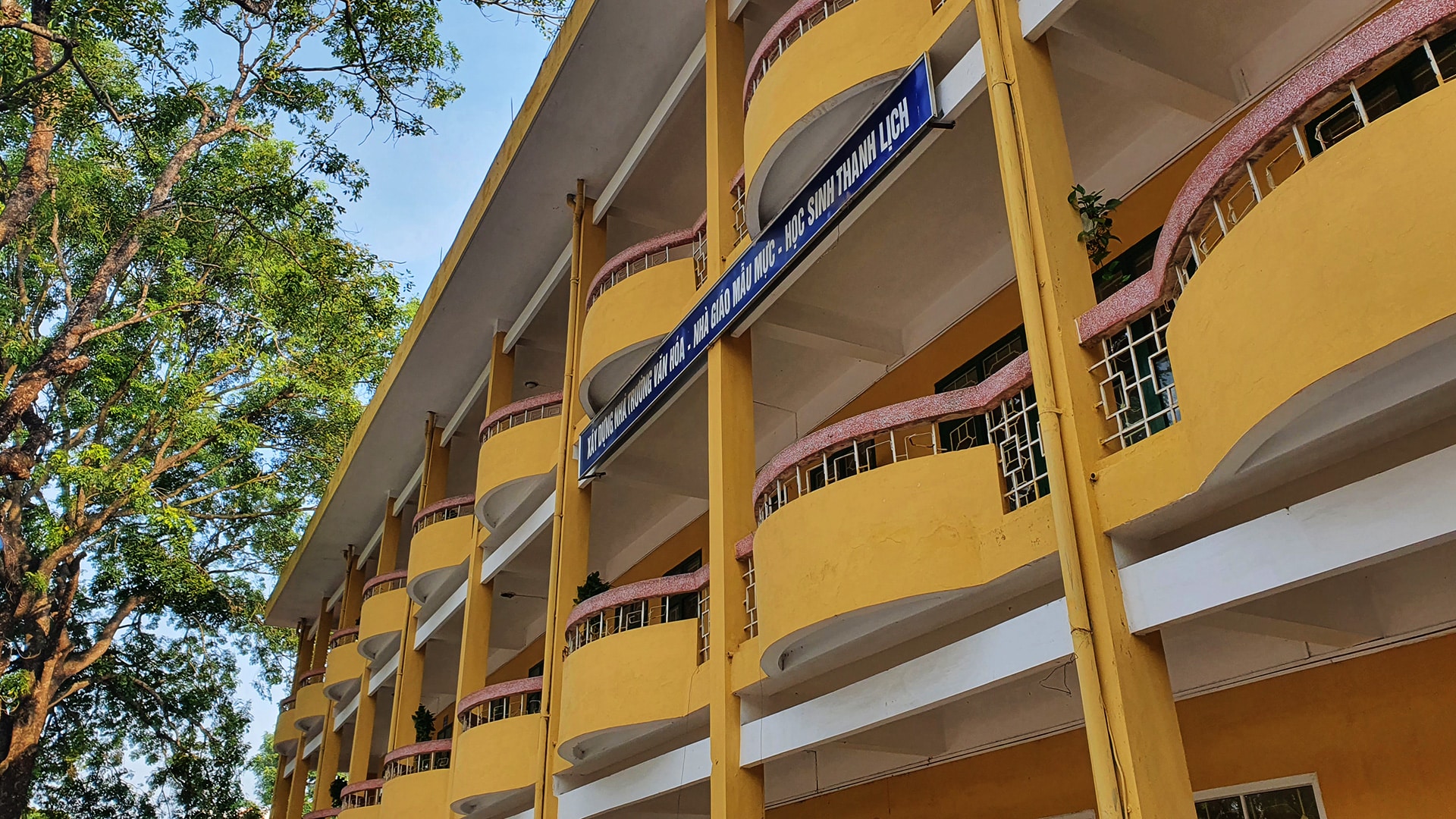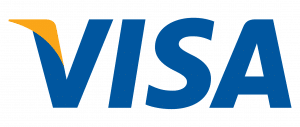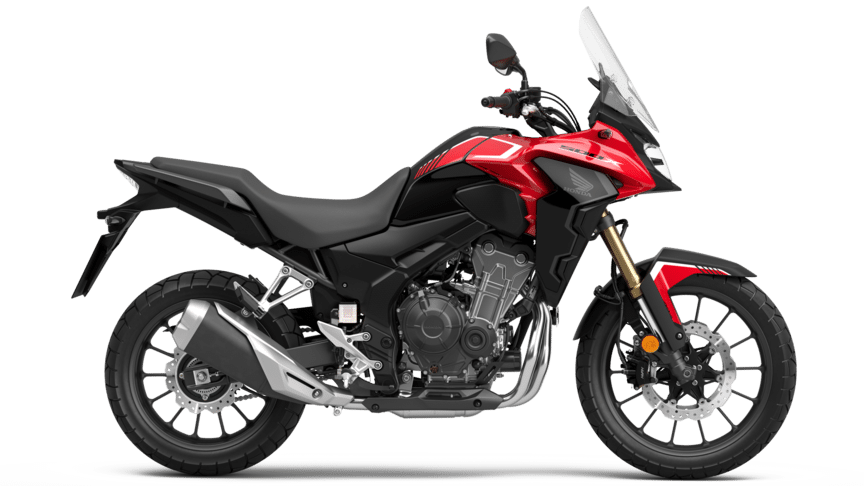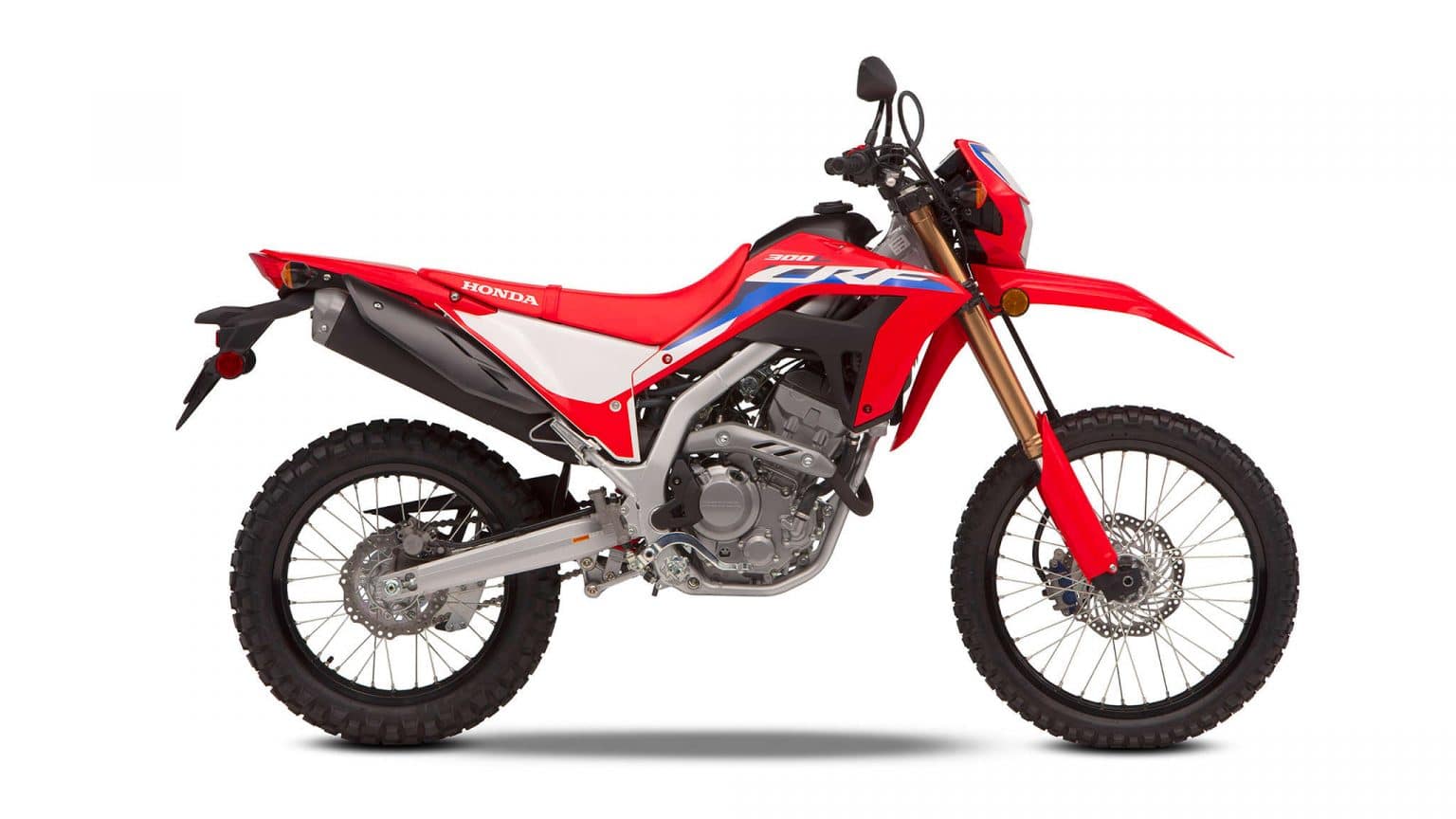Teach Legally in Vietnam
Teaching English in Vietnam can be a great experience. It’s a beautiful country with great food and people, and teachers here regularly comment on how intelligent and respectful their students are. While it won’t make you rich, it can provide you with a good standard of living, too. It’s important to remember, though, that your qualifications will determine both the type of job and the type of visa you’re able to get (and whether you’re able to teach legally in Vietnam at all).
The Work Permit and Residency Card
If you meet the requirements, your company will be able to apply for a work permit and residency card for you. Both can be renewed when your contract is renewed. A work permit allows you to work legally here, and a residency cards allows you to stay in, enter and exit the country for a certain amount of time, usually one or two years.
Having a work permit and residency card is ideal because:
- You’ll be working legally in Vietnam.
- You’ll be a legal resident of Vietnam, meaning you can enter and leave the country without needing to worry about getting a new visa each time.
- Residency cards last at least a year, so you don’t need to worry about renewing visas or doing visa runs so often.
- If your company does this for you it shows it’s legitimate, and willing to invest time and money in you.
Provided you’ve signed a full time contract, most reputable companies will provide you with a work permit and residency card, and cover the cost. All you need to do is provide them with the necessary supporting documents.
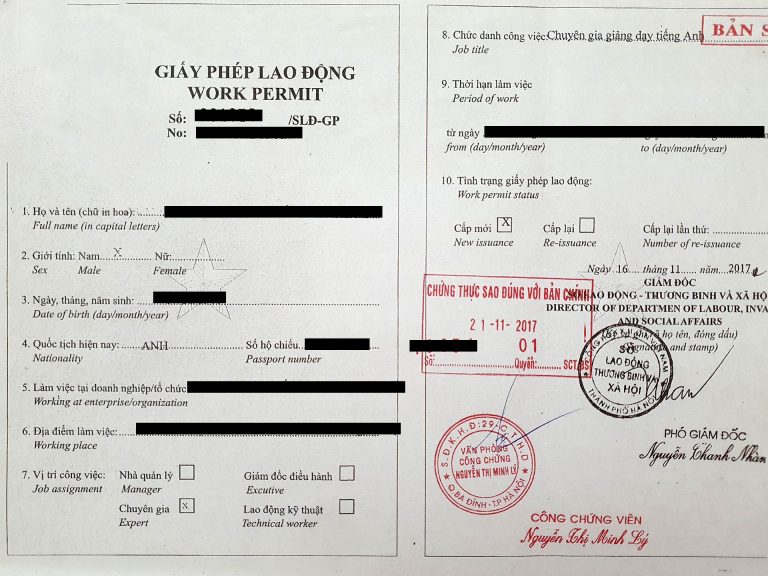
Requirements to Teach English Legally in Vietnam
So, having a Vietnamese work permit and residency card is ideal. But what qualifications and documents do you need? Well, this depends to some extent on whether you’re an NES (Native English Speaker) or an NNES (Non Native English Speaker).
Vietnamese Work Permit Requirements for Native English Speakers
Getting a work permit is easier if you’re from a country recognised as having English as a first, or, native, language. These countries are the UK, Ireland, the USA, Canada, Australia, New Zealand and South Africa. Here are the documents NES need to submit to get a work permit:
- A university degree in any subject.
- An English teaching qualification, such as a CELTA or TEFL.
- A police clearance certificate from your country of origin.
- A health check. (This is to be done at an approved hospital in Vietnam, and your company should organise it.)

Vietnamese Work Permit Requirements for Non Native English Speakers
It’s still quite possible for NNES to work legally here in Vietnam but there are a couple of extra requirements. As an NNES you’ll need:
- A university degree in English, Education or a related subject.
- An English teaching qualification, such as a CELTA or TEFL.
- A police clearance certificate from your country of origin.
- A health check. (This is to be done at an approved hospital in Vietnam, and your company should organise it.)
- Proof of English ability. A good score on the IELTS (International English Language Testing System) test seems to be the gold standard.
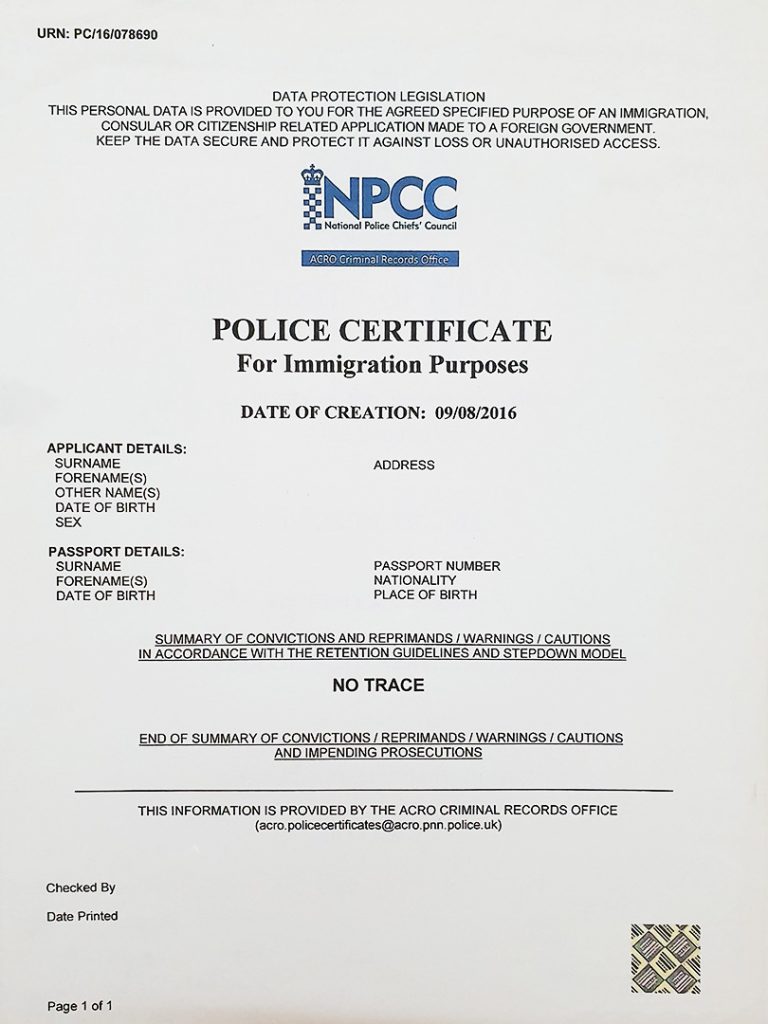
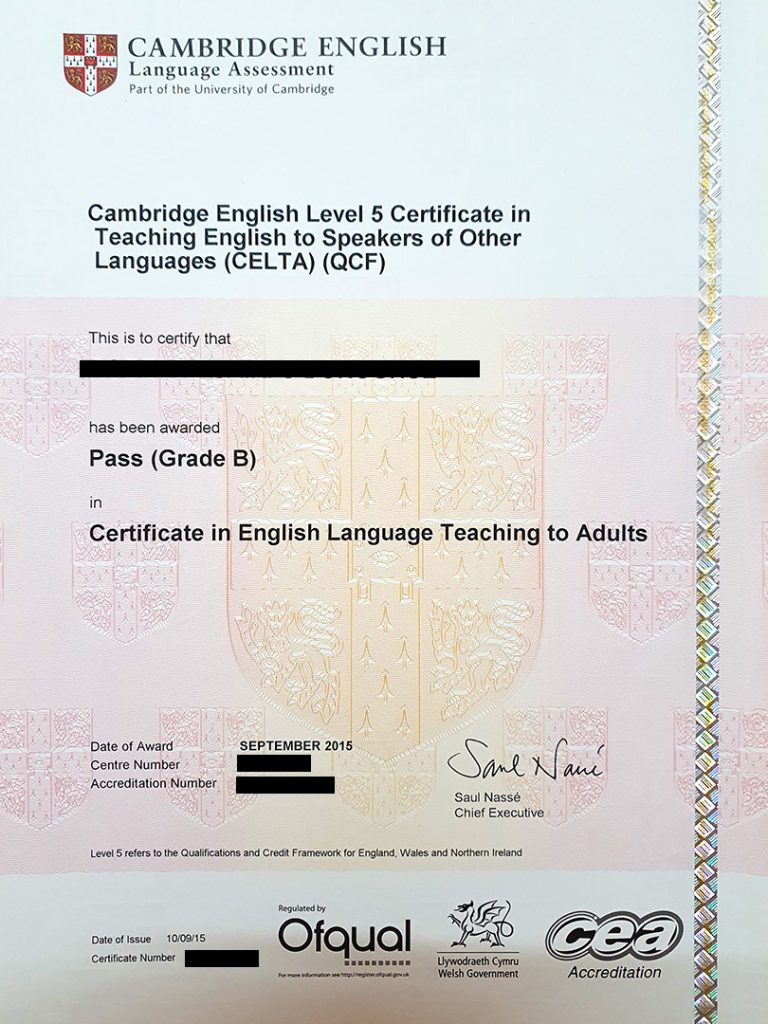
Legalising/Authenticating Your Documents
For Vietnam’s Department of Education and Training to accept your university degree, ESL certificate and police clearance certificate, you’ll need to get them legalised. Legalisation is when you submit a document to an appropriate authority who verify and stamp it so it will be recognised internationally. This is best done before you come to Vietnam, since a lot of embassies don’t provide this service.
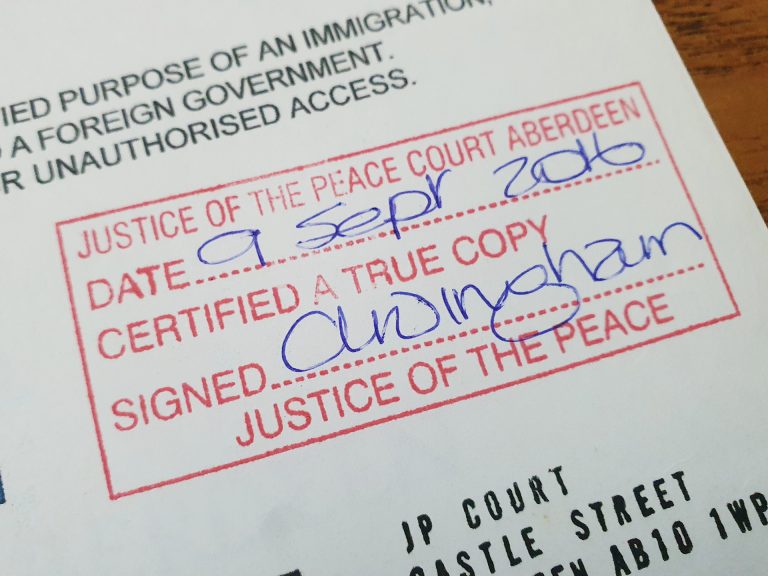
Your First Visa Run
Since you’ll likely have first entered Vietnam on a tourist visa you may need to do one visa run at the beginning of your employment. In this case, your employer will provide you with an invitation letter, which you’ll present to immigration when you reenter Vietnam. This will allow immigration to give you a business visa which, unlike a tourist visa, your employer will be able to extend or convert to a residency card.
Important Notes on the Work Permit and Residency Card
It’s possible that, rather than a residency card, your company may simply get you a business visa lasting three or six months, but this is just as good. Whether or not a residency card is worth applying for really depends on the length of your contract.
It’s important to remember that your work permit can only be applied for once you’ve signed a contract with your employer, who sponsors you. And only once your work permit has been granted can you get a residency card. This means that both your work permit and your residency card are tied to your employment contract: if you change job, you’ll need to apply for these things all over again through your new employer.
What About Teaching English in Vietnam with No Qualifications?
It’s true that there are a lot of English teachers working in Vietnam who don’t meet the requirements to be able to do so legally. Perhaps they haven’t been to university, or haven’t taken the time to get an English teaching qualification. These people tend to work for smaller language centres or conduct their lessons privately, doing visa runs to neighbouring countries like Thailand and Laos every few months when their tourist visas run out. There are a number of disadvantages to this:
- They are paid less.
- They’re working illegally, and could be deported at any time and blacklisted by Immigration, preventing them from reentering Vietnam.
- If they have problems with their employers they, as illegal workers, have absolutely no recourse.
- The cost of buying new visas and flight tickets adds up quickly.
- The government is starting to crack on illegal workers of all sorts.
Expats teaching English illegally in Vietnam is a bit of a hot topic in the community at the moment. On the one hand, some argue that Vietnam has such a market for ESL teachers that there aren’t enough qualified teachers to meet the demand, and that being fully qualified is no real indication of teaching ability. On the other, illegal teachers are seen by others as driving wages down, and not having proven their dedication to the job by attaining the right qualifications. In any case, if you do decide to teach English here without the required qualifications please bear the above in mind.

Teaching English in Vietnam as a Volunteer
If you’re just looking to get a taste of teaching ESL in Asia, or you’re waiting on the right qualifications, volunteering might be an option. There are some great volunteer programs, many of which are in gorgeous rural areas and offer benefits like free food, accommodation and and even cash allowances. This is all perfectly legal, and you’d be helping people too: there are plenty of young students in the provinces who are eager to learn but whose families simply don’t have the means to send their children to supplementary English classes. If you decide to go down this route, though, be sure to choose a reputable program. Do your research beforehand!
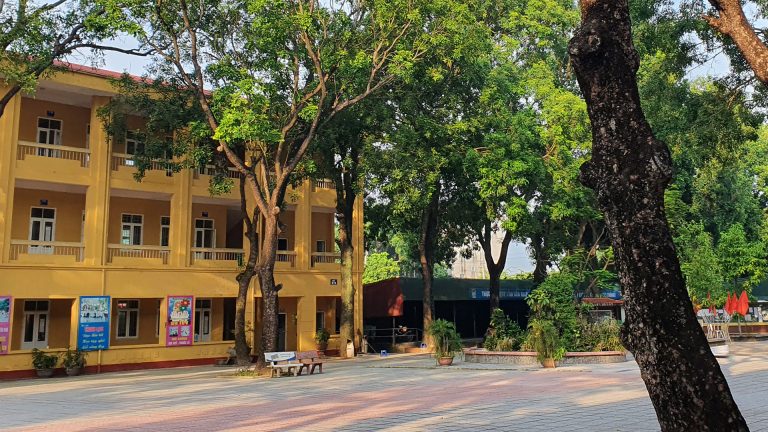
So You Want to Teach English in Vietnam?
If you’re fully qualified, get a job with a reputable company that’s willing to supply you with a work permit and residency card (or at least a renewable business visa). If not, you may want to consider getting the right qualifications since that way you’ll make more money and be able to enjoy a lot more security. Or you may want to try volunteering!
Useful Links Relating to ESL Qualifications and Immigration Requirements
Visa rules and regulations are always subject to change. Here are a few links you might find useful if you’re planning on teaching in Vietnam.
Official Information on Travel and Visa Requirements
UK Government Travel Advice: It’s always useful to check for official guidelines and advice before you travel. This link is to the UK Government’s website, so check the equivalent from your home country.
Vietnamese Embassy in the UK: There are quite a few websites with official sounding names that offer tourist visas to travelers visiting Vietnam, but that are not actually operated by the Vietnamese Government. This isn’t to say that they’re no good, but it’s definitely worth checking official sources when possible. Again, this is to Vietnam’s UK Embassy, so be sure to check your country’s one.
Well-Regarded Courses and Qualifications
CELTA (Certificate in English Language Teaching to Adults): This is easily one of the best-regarded ESL teaching courses. It’s not cheap and takes about a month to complete, but the skills it’ll help you gain will prove invaluable in your career as an ESL teacher. It’s overseen by Cambridge University in the UK, and is probably the most popular qualification of its kind in Europe. In North America and the Antipodes courses operated by a variety of other institutions are more popular. These courses are usually labelled TEFL (Teaching English as a Foreign Language) or TESOL (Teaching English to Speakers of Other Languages) courses, and many are also excellent.
IELTS (International English Language Testing System): This is the qualification many NNES teachers get in order to prove their English ability, enabling them to work here legally. Many local students study it, too, since a good IELTS score is a requirement of most foreign universities.
Up To Date Information About Vietnam
Vietnam Insider: Vietnam Insider is a news website, and a great resource if you’re looking for up to date information on government rules and regulations.
